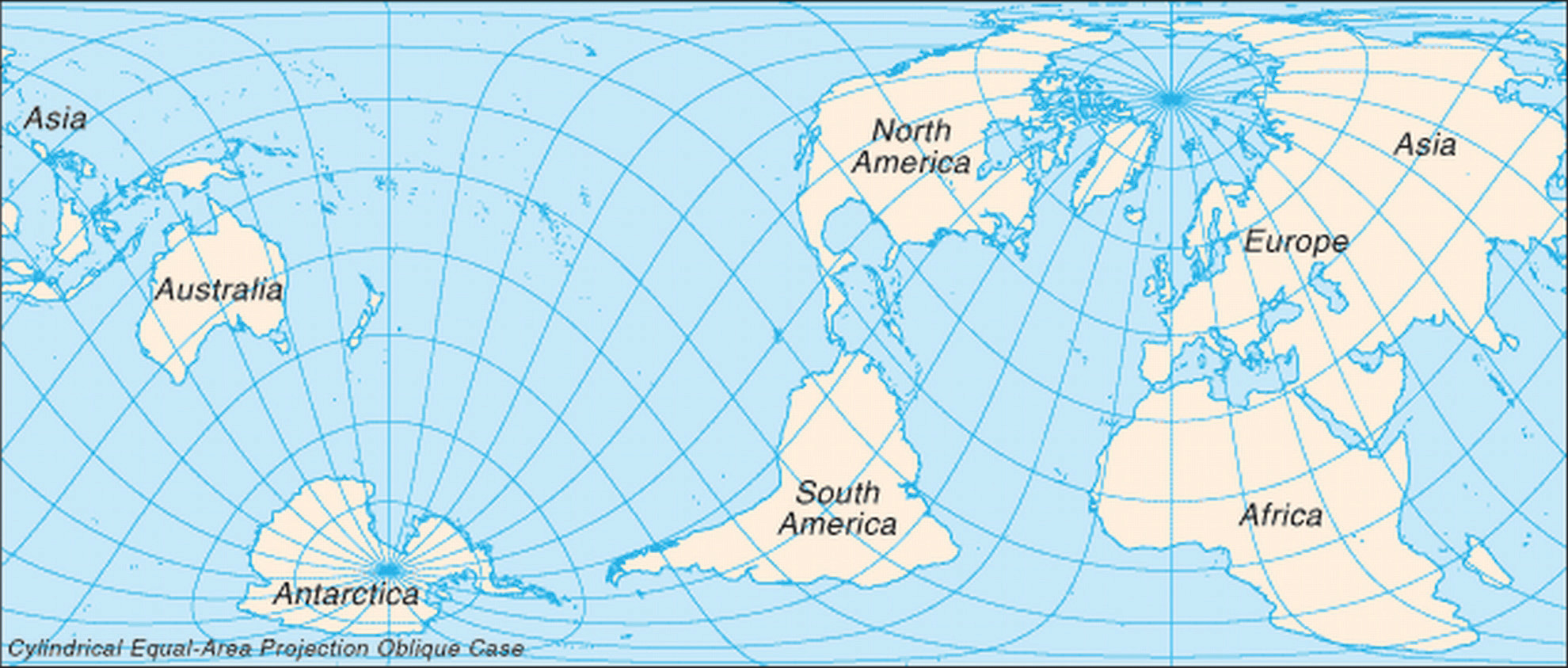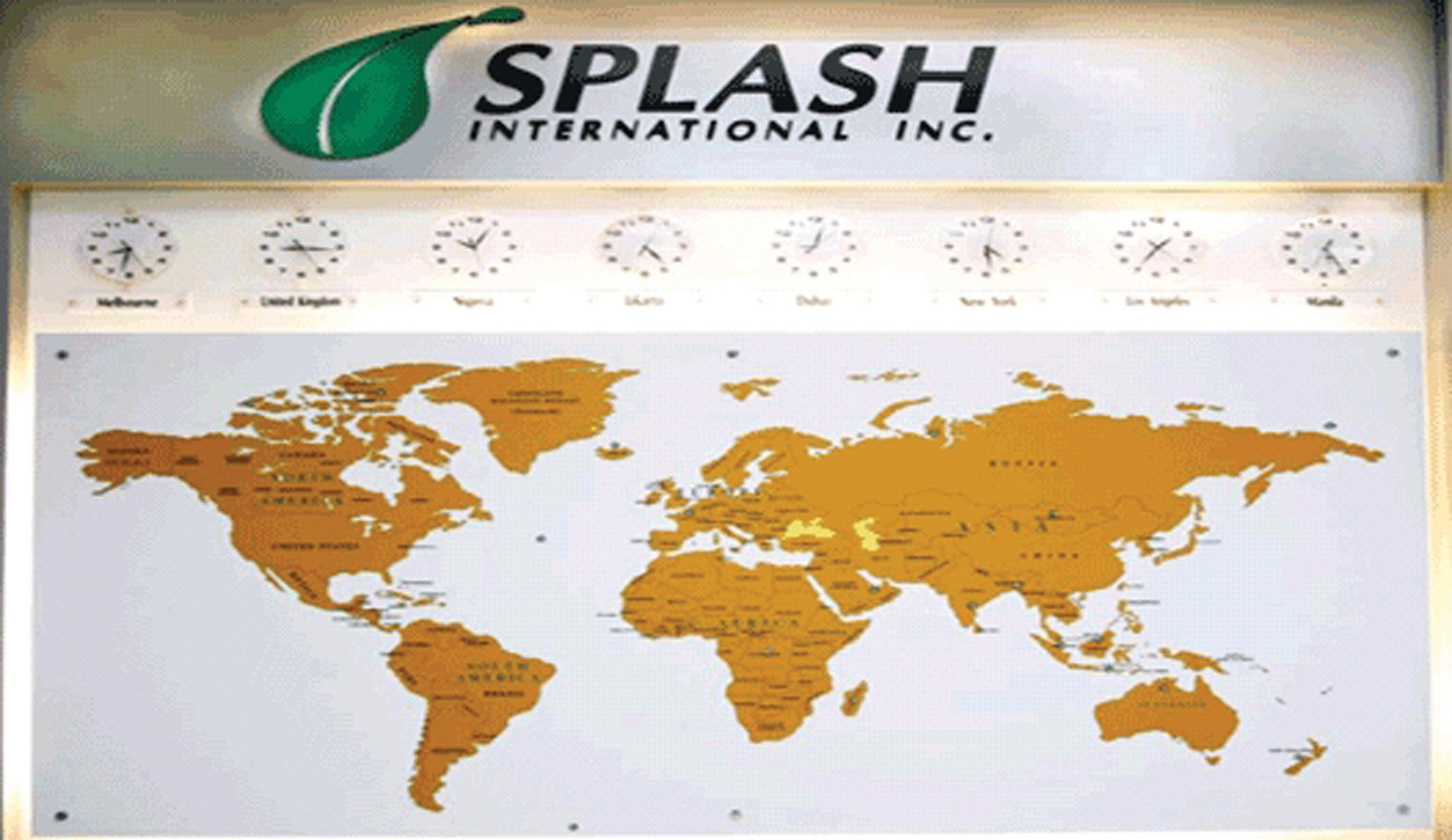
This chapter takes you deeper into the subjects of strategy and management in international business and within the context of a flattening world. As a business student, you will likely take a full course in strategic management, so you should view this chapter as simply an introduction to the field. You will learn about strategy—specifically, the strategy formulation framework known as the strategy diamond. This will help you better understand how international markets—whether for customers or factors of production—can be an integral part of a firm’s strategy. Because you know that the world is not flat, in the sense that Thomas Friedman describes, it is important that an international strategy be adjusted to adapt, overcome, or exploit differences across countries and regions. Finally, Section 10.5 "Managing the International Business with the P-O-L-C Framework" provides an introduction to managing international businesses through a brief overview of the P-O-L-C (planning-organizing-leading-controlling) framework.

Source: “Business Opportunities,” Splash Corporation, accessed June 3, 2011, http://www.splashb2b.com/business.aspx.
The tale of husband and wife Rolando and Rosalinda Hortaleza is well known in the Philippines. As the story goes, the couple launched a backyard business in 1985 to supplement their entry-level salaries as doctors at a government hospital. From this humble beginning, the Splash Group of Companies was born.
Beyond the Backyard
Like many entrepreneurs, the Hortalezas sought a big success. In 1987, they spotted an opportunity in hair spray, because “big hair” was the fad in the Philippines at that time. So the couple created a company that offered a high-quality, low-price alternative to imported hair spray.Tyrone Solee, “Hortaleza Success Story,” Millionaire Acts (blog), February 15, 2009, accessed June 3, 2010, http://www.millionaireacts.com/808/hortaleza-success-story.html. The gambit proved successful, and the Hortalezas earned their first million Philippine pesos in sales that year. Over the years, the company name changed several times, reflecting its growth and evolving strategy. What began as Hortaleza Cosmetics in 1986 became Splash Cosmetics in 1987, Splash Manufacturing Corporation in 1991, and finally Splash Corporation in 2001.“Splash Corporation, Making Waves in the Global Beauty and Personal Care Industry,” Splash Corporation, accessed November 10, 2010, http://www.splash.com.ph/NewsAndEvents.aspx?ID=8. Today, Splash Corporation sells more skin-care products than international giants like Johnson and Unilever and local brands. With sales of 90 billion pesos (nearly $2 billion), Splash Corporation is the number one maker of skin-care products in the Philippines and is sixth in the international market, being the only Filipino-owned company to hold a position among global companies and brands.Tyrone Solee, “Hortaleza Success Story,” Millionaire Acts (blog), February 15, 2009, accessed December 27, 2010, http://www.millionaireacts.com/808/hortaleza-success-story.html. In twenty years, the small business that the Hortalezas started has posted 5 billion Philippine pesos in sales, putting it among the country’s 300 largest corporations.
Splash Corporation exports and markets Splash products to almost twenty countries around the world. In Indonesia, unlike the rest of the company’s market destinations, Splash entered into a joint venture with an Indonesian company, Parit Padang. By itself, Parit Padang is one of the largest pharmaceutical and health-care distribution companies in Indonesia. The joint venture, called Splash Indonesia PT, began operating in 2000, importing Splash soap and skin-care products every month from Manila. The venture now produces some of its products locally in Indonesia, employing a staff of 40 there in its factory. Splash Indonesia PT has even developed a new product for the local market, the SkinWhite Whitening Bath Soap. This product blends innovative ingredients and technology from the Philippines with a fine Indonesian noodle soap, creating a whitening body soap of a seemingly better quality than other local soaps.
Splash recently launched the Splash Nutraceutical Corporation. The term nutraceutical was coined in the 1990s by Dr. Stephen DeFelice, founder of the US-based Foundation for Innovation in Medicine. DeFelice defined the word as any substance that is a food or part of a food and provides medical or health benefits, including the prevention and treatment of disease. In essence, nutraceuticals are “a food (or part of a food) that provides medical or health benefits, including the prevention and/or treatment of a disease.”Vicki Brower, “Nutraceuticals: Poised for a Healthy Slice of the Healthcare Market?,” Nature Biotechnology 16, no. 8 (1998): 728–731, quoted in Ekta K. Kalra, “Nutraceutical—Definition and Introduction,” AAPS PharmSci 5, no. 2 (2003), accessed November 9, 2010, http://www.aapsj.org/view.asp?art=ps050325#ref1.
The nutraceuticals market is growing rapidly worldwide, especially in such developed countries where disposable incomes are higher and the challenges of diet-disease links, aging populations, and rising health care costs are more pronounced. Nutraceuticals currently address health concerns like cardiovascular disease, osteoporosis, high blood pressure, diabetes, and gastrointestinal disorders. Worldwide sales of nutraceutical products have grown exponentially and are currently estimated at $80 billion.
The establishment of Splash Nutraceuticals completes the company’s mission of becoming a total-wellness company. Fondly called “Doc” by Splash employees (while his wife is the “Doctora”), Dr. Rolando Hortaleza considers nutraceuticals a natural extension of the company’s personal care line of products. He defines the term wellness as “beauty inside and out—if you feel good about yourself, you then become more productive.” He estimates the market potential of nutraceuticals to be in the billions of pesos.
The Values, Mission, and Vision behind Splash
Corporate Cause: We shall uplift the pride and economic well-being of the societies we serve.
Mission: Splash is a world-class company that is committed to making accessible, innovative, high-quality and value personal care products for everyone.
Vision: We are a marketing company in the beauty, personal and health care industries where we shall be known for strong brand management of pioneering, high-quality and innovative products derived from extensive research to improve the well-being of our consumers. We shall do this through:
Leading edge trade and consumer marketing systems.
Pursuit of excellence in all other business systems.
We shall be generous in sharing the rewards with our employees, business partners, stockholders and our community for the realization of our corporate cause.“Corporate Cause/Vision/Mission,” Splash Corporation, accessed November 9, 2010, http://www.splash.com.ph/our_company.aspx?id=2.
(AACSB: Ethical Reasoning, Multiculturalism, Reflective Thinking, Analytical Skills)